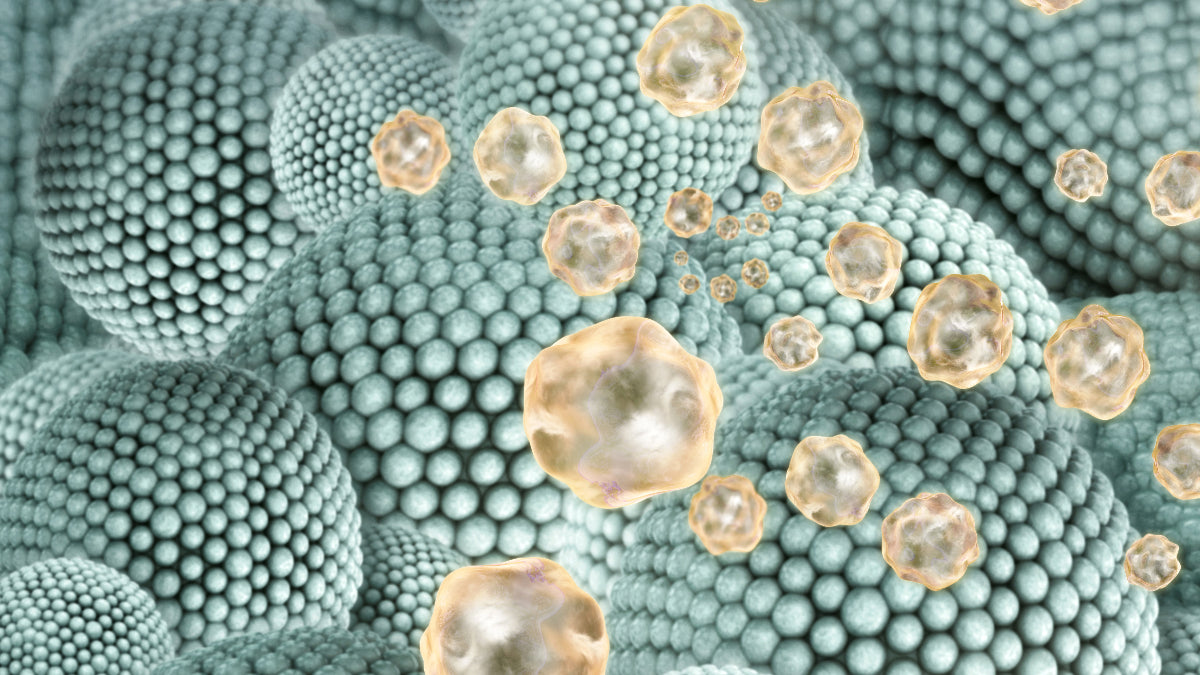If you want to stay healthy, you have to ensure a good metabolism and good digestion. In order for both to function well, the body needs little helpers: we're talking about enzymes. The good news is that the body can produce them itself. However, sometimes it is worth using these nutritional supplements and supporting the body.
What are enzymes?
Enzymes are protein molecules produced by all human and animal cells. So-called digestive enzymes are important because they break down larger food molecules into smaller ones. They are then absorbed by the cells of the intestinal mucosa and released into the blood. However, we not only need it for good digestion, but also for all other metabolic processes. Life without enzymes would not be possible.
Why are enzymes important for us?
Enzymes help the body digest proteins, carbohydrates, fats and plant fibers. They are involved in all chemical reactions that occur in the body. They support the regeneration of tissue and cells and help to eliminate waste and toxins. The immune system is also supported by enzymes.
What affects the production of enzymes?
The older we get, the more our bodies are exposed to negative environmental influences, chemicals and toxins. If the body is stressed too much, its ability to produce sufficient enzymes is reduced. The body's own production of these little helpers decreases with age and is limited in some chronic illnesses. An unhealthy diet and lifestyle can also reduce enzyme production.
What types of enzymes are there?
Enzymes can be divided into three main categories: digestive enzymes, food or plant enzymes, and metabolic enzymes. The largest group is metabolic enzymes, which play a role in all body processes such as breathing, speech, movement, thinking, behavior and the immune system. A subset of these metabolic enzymes neutralize toxins and carcinogens such as tobacco smoke and other pollutants. With the help of enzymes, these toxins are converted into less toxic forms and eliminated from the body.
The second group includes digestive enzymes. They are secreted by the salivary glands, stomach, pancreas and small intestine. This helps break down food into simple molecules. Food or plant enzymes perform the same function as digestive enzymes. The difference is that food enzymes come from fresh, raw and uncooked foods such as fruits, vegetables and salads. If you heat these foods above 42 degrees Celsius, most of the enzymes are destroyed.
Metabolic enzymes are produced in the cells, occur throughout the body and are also required in large numbers. The best-known enzymes are: lipase (digest fat), protease (break down proteins), amylase (break down starch), cellulase (break down fibers), lactase (break down milk sugar), phytase (break down phytic acid) and maltase (digest sugar).
The driving force of our body!


